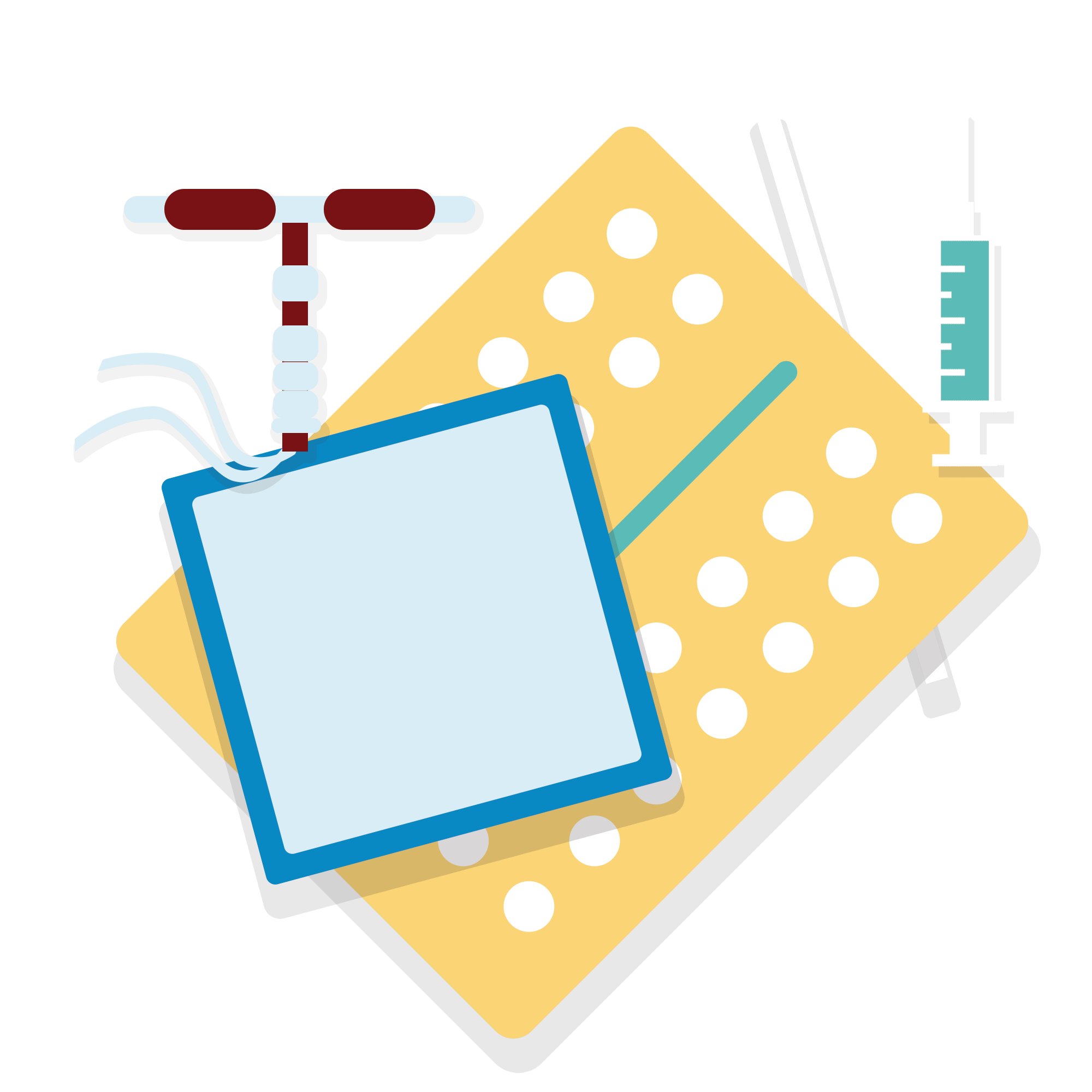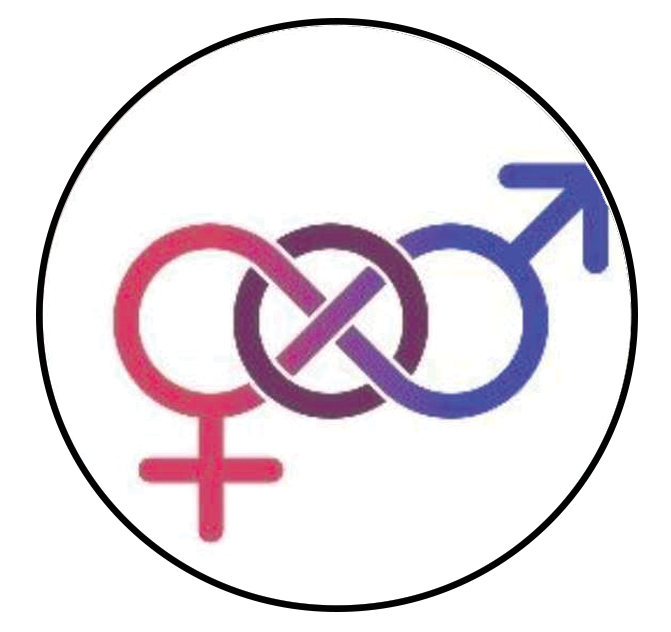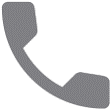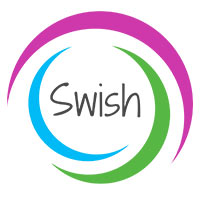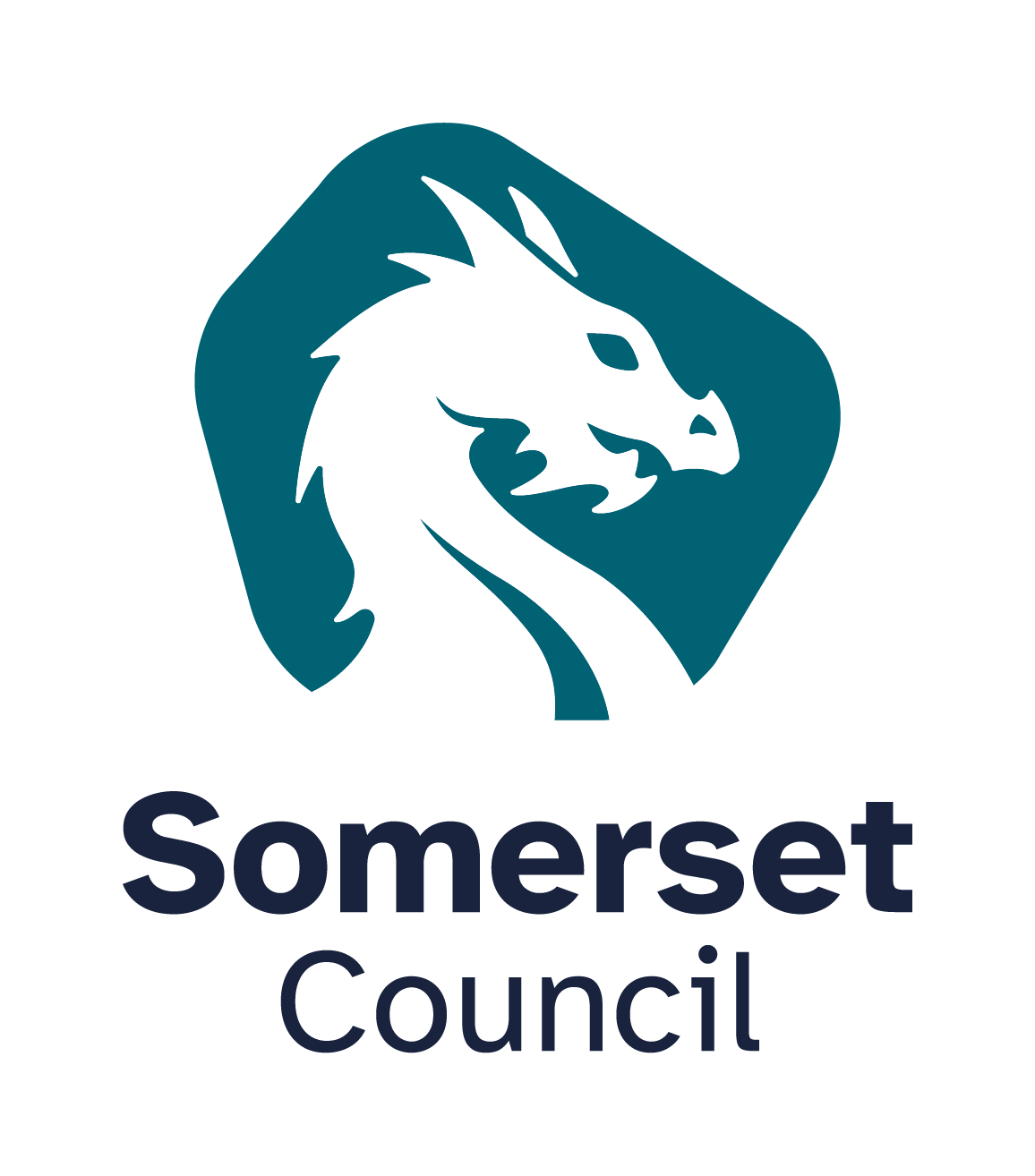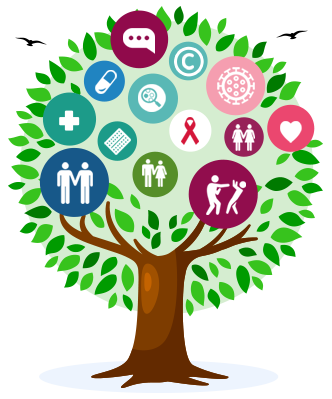
Latest News:
Services for Young People
Confidential information and advice on sexual health
Nearest service to meC-Card Issue Points
Where you can register or collect free condoms, including using our new Click and Collect
Find the nearest to meSexual Exploitation
Sexual exploitation is when people use the power they have over other people – usually young people and children – to sexually abuse them. Their power may result from a difference in age, gender, intellect, strength, money or other resources.
People sometimes think of sexual exploitation in terms of serious organised crime, but it also covers abuse within relationships and may involve informal exchanges of sex for something the victim wants or needs, such as accommodation, gifts, cigarettes, drugs, alcohol or attention. Some people are "groomed" through "boyfriends" who then force the child or young person into having sex with friends or other people.
Sexual abuse covers penetrative sex, sexual touching, masturbation and misuse of sexual images, e.g. on the Internet or by mobile phone.
Part of the challenge of tackling sexual exploitation is that the victims are tricked into believing they're in a loving, consensual relationship. They might be invited to parties which seem exciting and given drugs and alcohol. They may also be groomed online, never meeting their abuser but being persuaded to take part in online sexual activity. They may not understand that non-consensual sex (sex they haven't agreed to) or forced sex – including oral sex – is sexual assault or rape.
Who is affected?
Any child or young person can be a victim of child sexual exploitation, but children are believed to be at greater risk of being sexually exploited if they:
- are homeless
- have feelings of low self-esteem
- has had a recent bereavement or loss
- are in care
- are a young carer
The signs
The signs of child sexual exploitation may be hard to spot, particularly if a child is led to believe that the abuser is their boyfriend or girlfriend or they are being threatened. To make sure that children are protected, it’s worth being aware of the signs that might suggest a child is being sexually exploited.
Signs of child sexual exploitation include the child or young person:
- going missing for periods of time or regularly returning home late
- skipping school or being disruptive in class
- appearing with unexplained gifts or possessions that can’t be accounted for
- experiencing health problems that may indicate a sexually transmitted infection (STI) or pregnancy
- having mood swings and changes in temperament
- using drugs and alcohol
- displaying inappropriate sexualised behaviours, such as over familiarity with strangers, dressing in a sexualised manner or sending sexualised images by mobile phone ("sexting")
They may also show signs of unexplained physical harm, such as bruising or cigarette burns.
Preventing abuse
The NSPCC offers advice on how to protect children. It advises:
- helping children understand their bodies and sex in a way that is appropriate to their age
- developing an open and trusting relationship so that they feel they can talk to you about anything
- explaining the difference between safe secrets (such as a surprise party) and unsafe secrets (things that make them unhappy or uncomfortable)
- teaching children to respect family boundaries such as privacy in sleeping, dressing and bathing
- teaching them self-respect and how to say no
- supervising Internet and television use
If you suspect that a child or young person has been or is being sexually exploited, it is advisable not confront the alleged abuser. Confronting them may place the child in greater physical danger and may give the abuser time to confuse or threaten them into silence. Contact Somerset Direct 0300 123 2224
If you know for certain that a child has been or is being sexually exploited, please report this directly to the police.
Somerset Children’s Safeguarding Children Board click here


